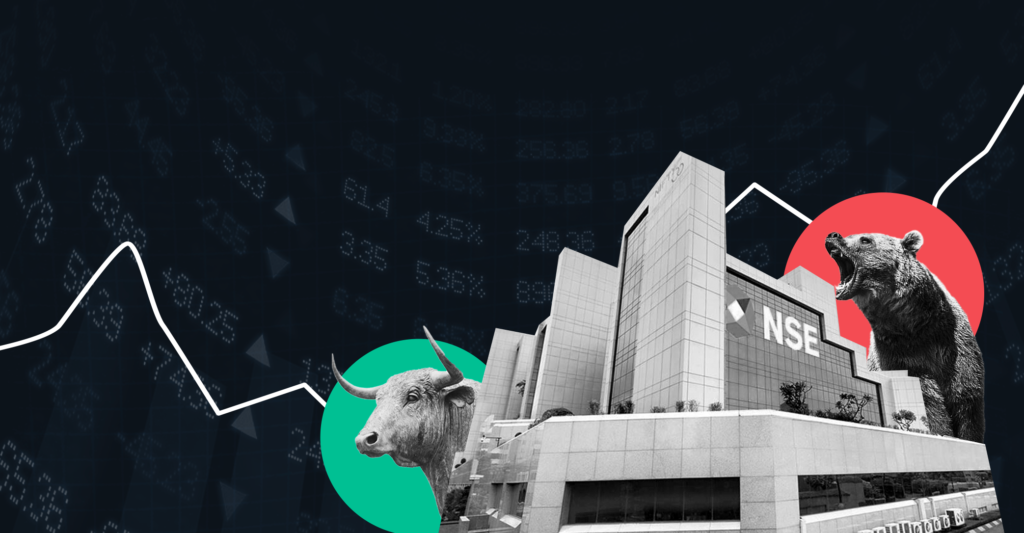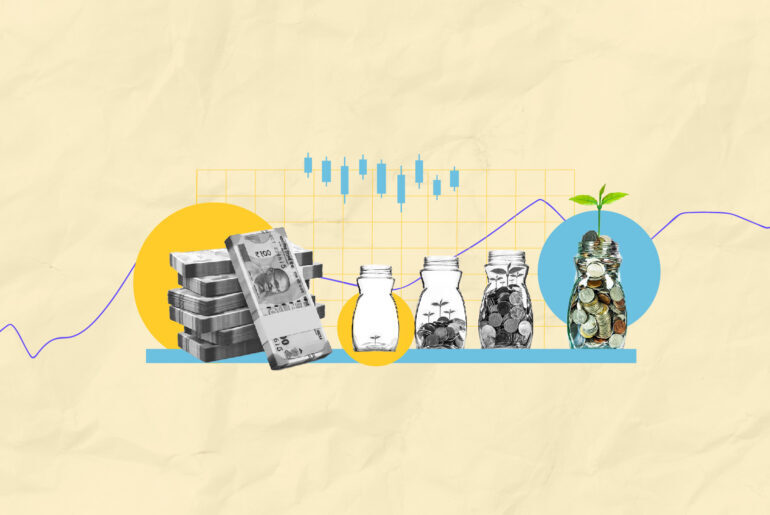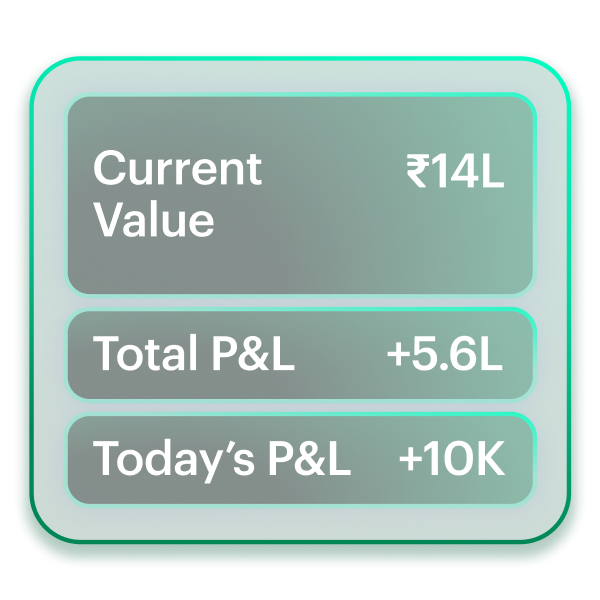Last Updated on Aug 25, 2022 by Aradhana Gotur
An offer price is an asking price or the price at which a seller is willing to sell the securities or other assets. Simply put, it is the price at which you can buy the underlying asset from a broker or a market maker. This term is very often confused with the opening price of a stock. Let’s look at what the offer price is, and delve into its relevance for investors.
Table of Contents
What is an offer price?
An offer price is a price at which a commodity, product, or service is offered for sale. In the world of investments and the stock markets, offer price refers to the per-share price at which investors purchase securities. The offer price in the share market is also known as the ‘ask price.’
Investors buy assets from a broker or the market at the offer price. This price is generally the seller’s lowest price to sell a particular stock to the buyer. In other words, the offer price is the lowest price that the seller is willing to accept when selling stock to the buyer. Offer price changes dynamically during intra-day trade with frequent trade moves.
Offer price in an IPO
The offer price in an initial public offering (IPO) gains a lot of significance because an IPO is the debut of the company in the markets. The offer price determines how much money the company will be able to raise through an IPO. Generally, IPO offer price is set in a way where it is high enough to raise the required capital and low enough to attract the buyer’s interest in the company’s IPO. This is also the risk they face that should the offer price be too low or too high, the IPO may not succeed.
This is why, in an IPO, the offer price is arrived at by the underwriters or book-runners, generally, investment banks, that participate in the offering. The current performance of a company, its market value, competitors, risk, growth prospects, and several other factors severely affect the value of offer price.
Offer price vs. bid price
Bid price is the maximum price a buyer is willing to pay the seller to buy a stock. The offer price is the lowest price a seller will accept when selling stocks to a potential buyer. When selling a stock in the market, the trading price (buyer’s price) will be lower than the offering price (seller’s price expectation). However, the trading price will be higher than the offer price when buying the stock in the market.
It is important to note that the bid price and the offer price are directly affected by demand/supply. When the demand for a particular stock is high, the bidding price will naturally increase and be on the upper end of the spectrum since multiple people are demanding the same asset. Whereas, when the supply of a particular stock is high, the offer price would be on the lower end since the asset is in abundance in the market with too many sellers.
The bid price and the offer price are directly affected by demand/supply. When the demand for a stock is high, the bidding price will naturally increase. Click To TweetOffer prices that are set by the underwriters cannot be changed. Bid prices, on the other hand, can be increased or decreased. While there is no limit or threshold for setting a bid price, there are certain limitations when setting an offer price as it is determined by a lot of factors, which, many a time, may remain outside the scope of company management.
Offer price and opening price
The opening price, which is often confused with the offer price, is the price at which the stock begins to trade in the stock market at every session.
The offer price of a stock will remain unchanged by the stock’s opening price and can be high or low depending upon the interest of the investors. This also drives investor sentiment in the market. If the opening price of a share is higher than the offer price, the company’s stock will register a gain. Conversely, if the opening price of the company’s share is lower than the offer price, the stock will record a loss.
During the IPO process, the underwriter (investment bank) sets the offer price of the company’s shares. If the demand for the particular shares is higher than the supply, the opening price will be higher. The opening price will be lower if the demand for the share is low.
In a nutshell, the offer price is the lowest price at which a seller is willing to sell the stocks to the buyers. This is the minimum price a seller is willing to accept from the buyer.
With the slew of IPOs luring investors and the markets showing potential for a breakout, it is imperative that investors know the basic terminology and understand its nuances before entering stock markets. Additionally, understand your risk appetite, do your research thoroughly or talk to your financial planner before making any investment decisions.
- Top Fund of Funds (FOF) in India – Full Form, Types & More - Mar 28, 2025
- Bond Funds – Meaning, Types, Risks, and Benefits - Mar 27, 2025
- Money Market Mutual Funds: Meaning, Benefits, Liquidity and Taxation - Mar 13, 2025




